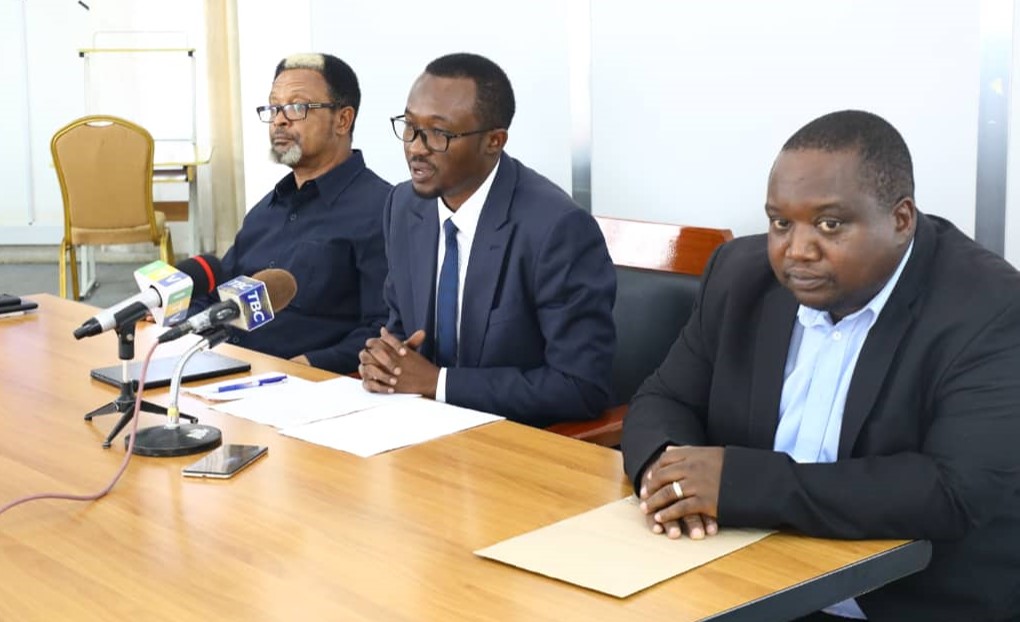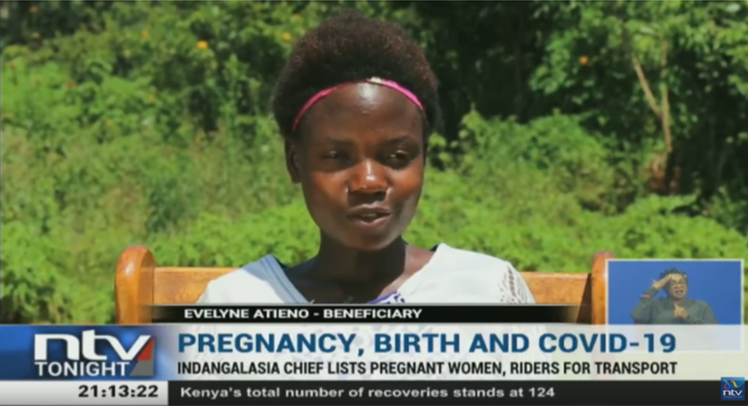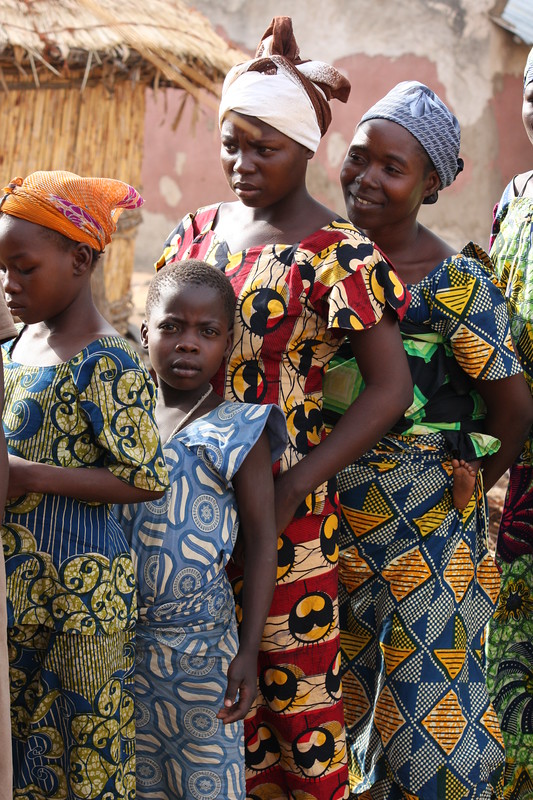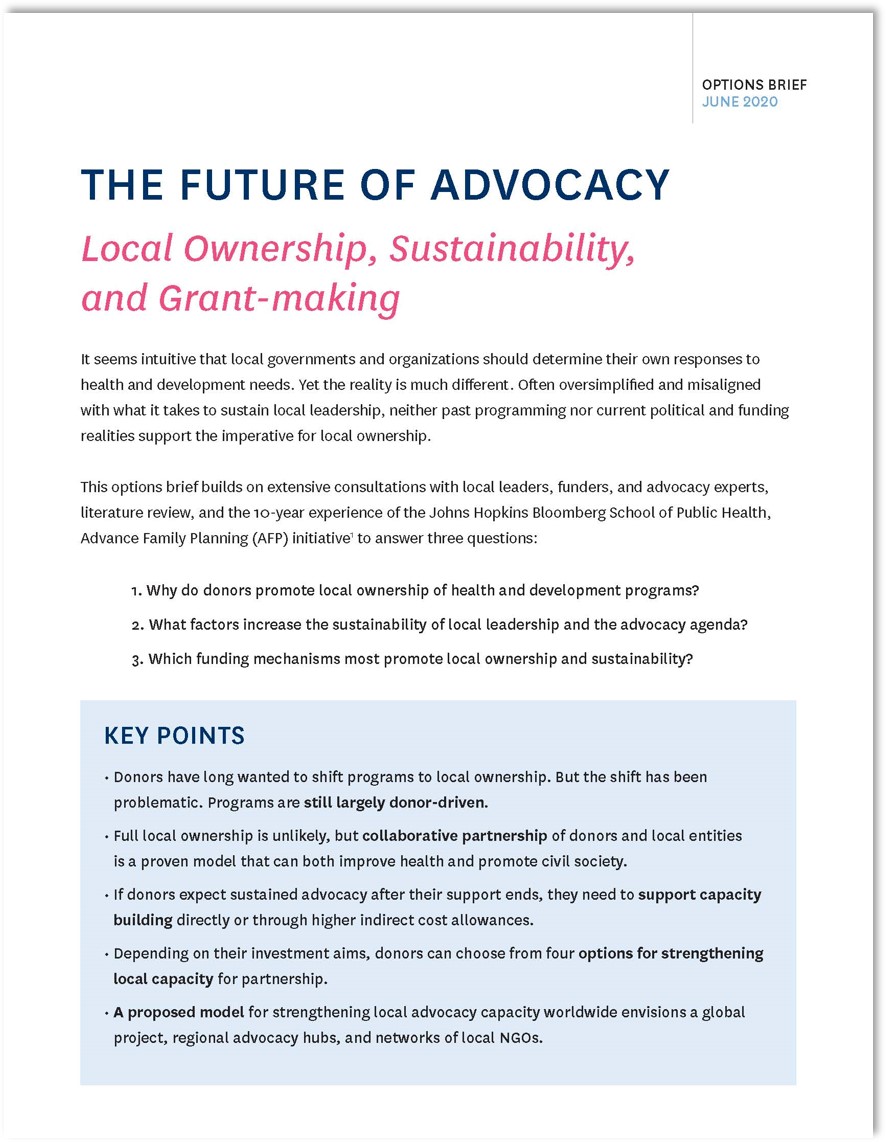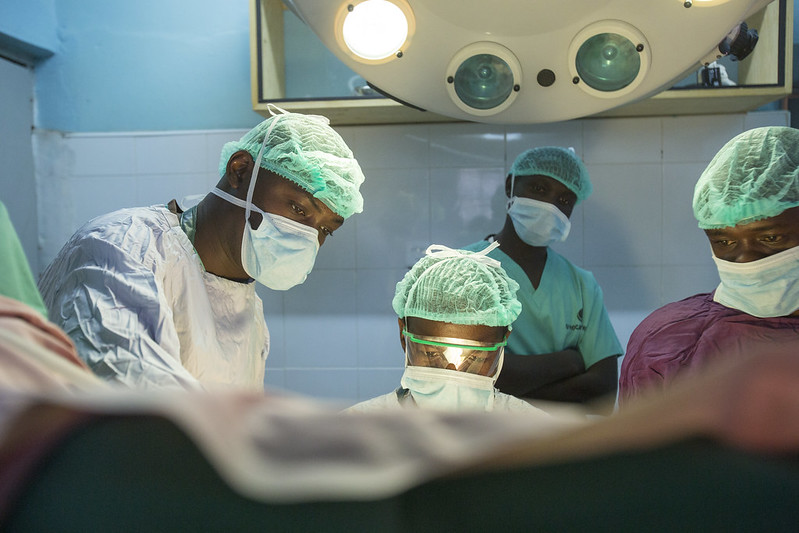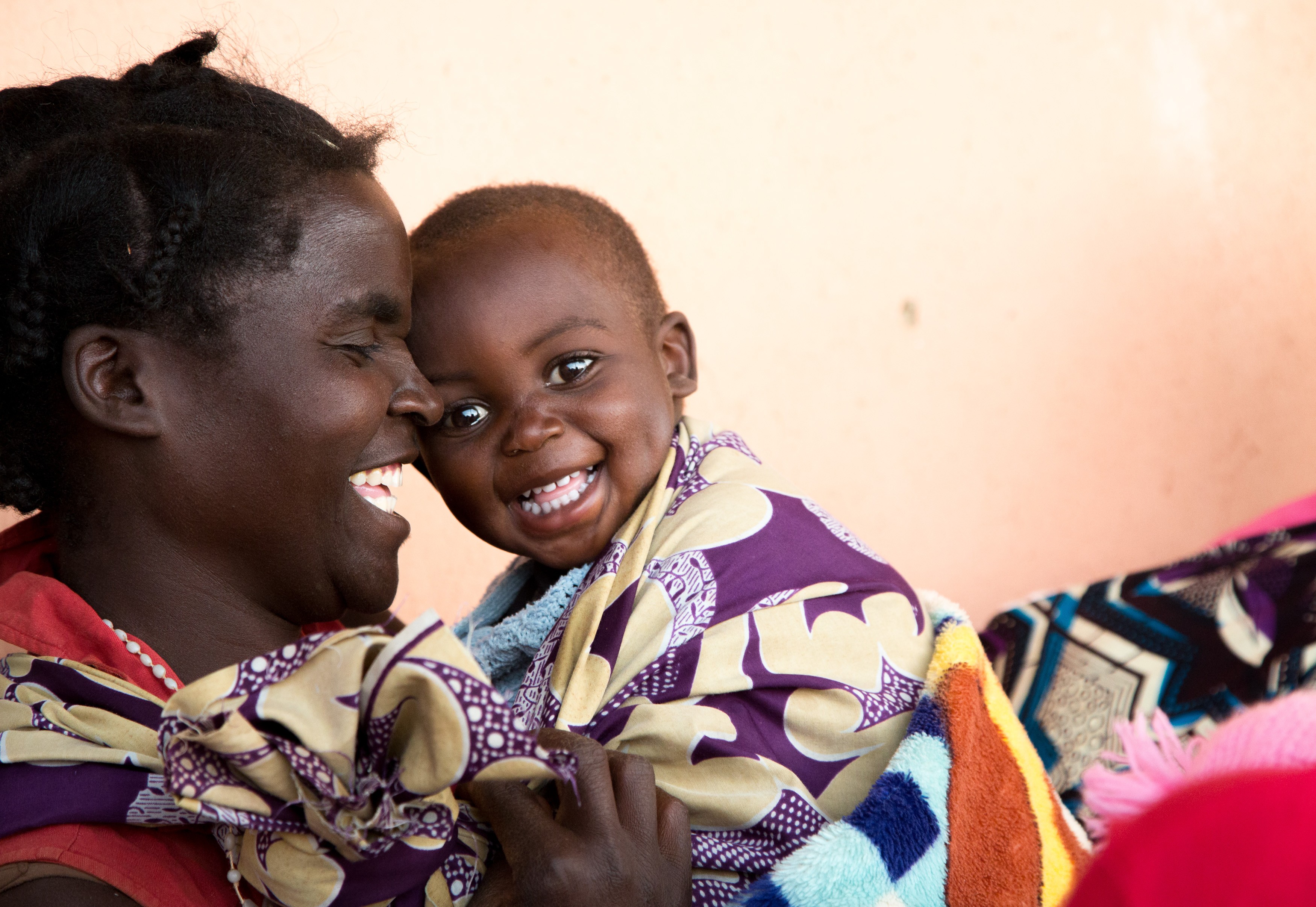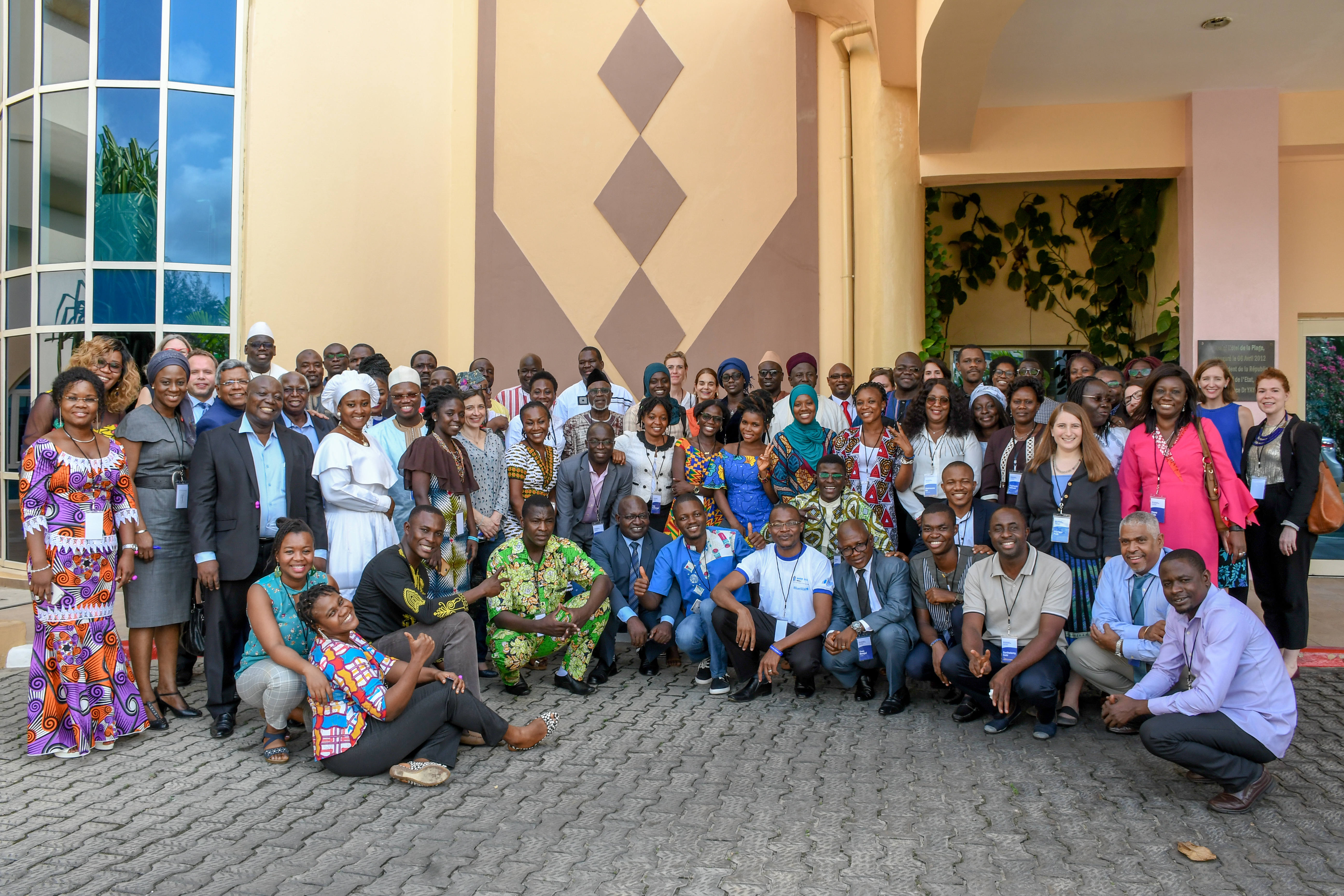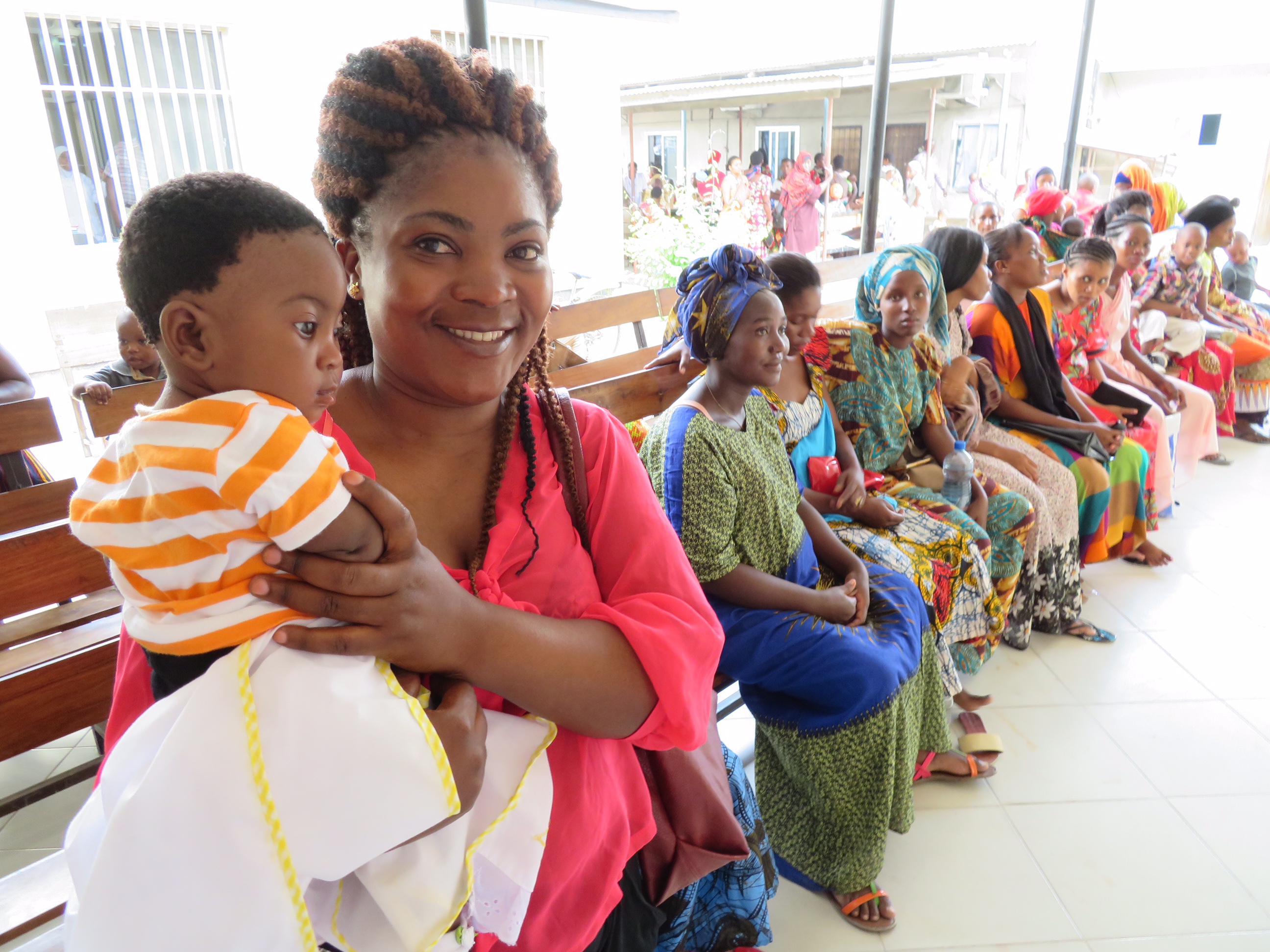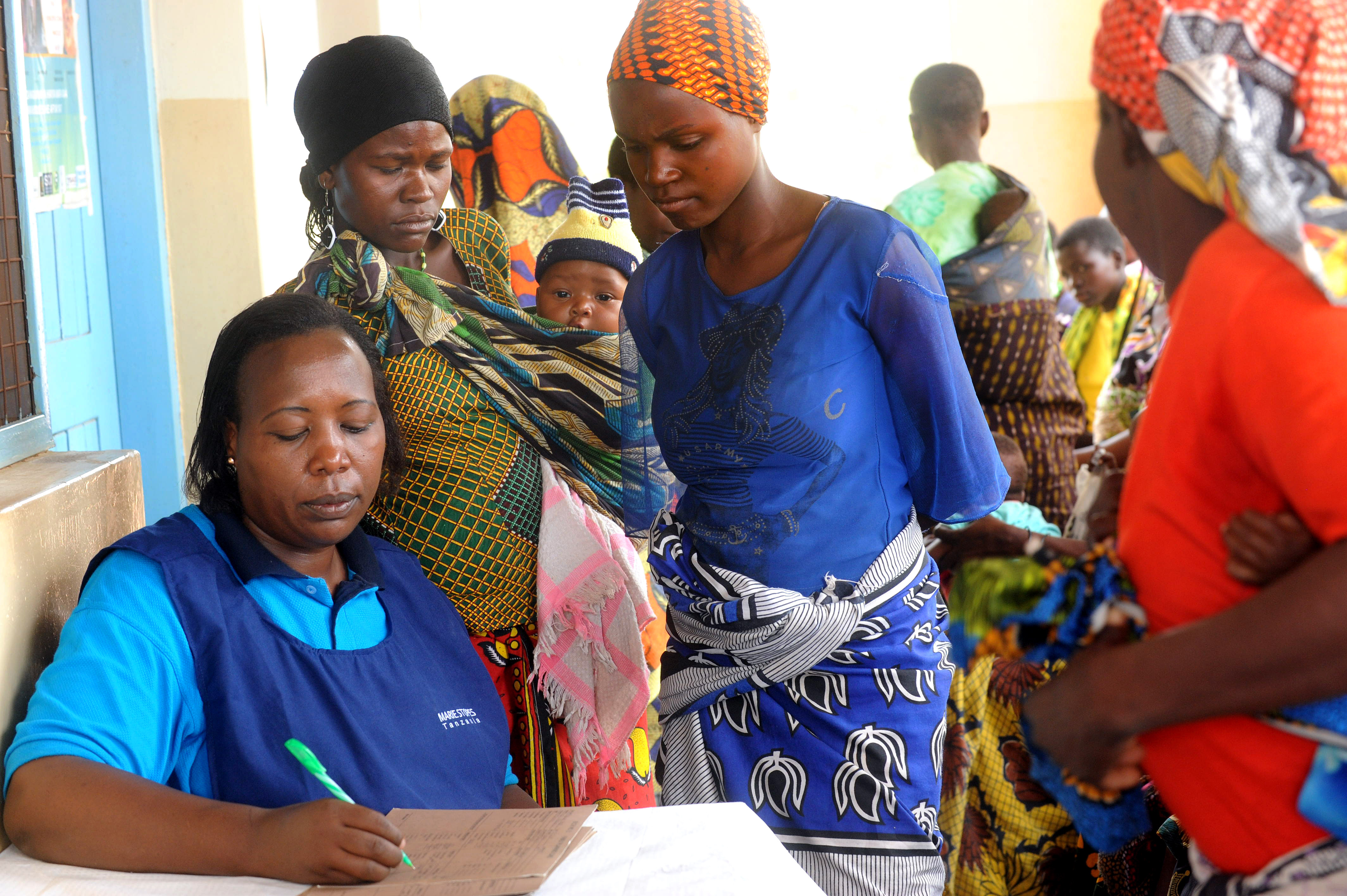View the latest family planning advocacy news from our partners.
The Tanzania Parliamentary Association on Population and Development (TPAPD) marked the end of the country’s five-year parliamentary term on June 11, 2020, with the launch of two milestones: Promote, Prioritize and Invest in Family Planning during COVID-19: A Call to Action and the TPAPD Roadmap: Promote Impactful Change in People’s Lives (2020-2025). The documents call on government leaders and other stakeholders to ensure that family planning services remain essential during the COVID-19 pandemic.
On January 15, 2020, Mauritania’s Ministry of Secondary Education issued a circular authorizing three districts to provide free reproductive health information and services, including family planning, for in-school adolescents.
Family planning services are rebounding in the Matungu subcounty of Kakamega County, Kenya, after the introduction of media advocacy efforts and a new initiative by local officials to ensure the continuity of essential services during COVID-19. Local “hotlines”—telephone chains that link expectant women to transportation to local health centers—are helping ensure that reproductive, maternal, and newborn health services continue despite curfew restrictions.
In June 2020, the Chairmen of Funakaye and Nafada Local Government Areas (LGAs) in Nigeria’s Gombe State approved the release of 60,000 naira (US $156) and 220,000 naira ($572), respectively, from their local health budgets. It is the first time that LGAs in Gombe have allocated and released funds for family planning. The funds will be used for the purchase of consumables such as cotton wool, disinfectants, gloves, and gauze. Although seemingly modest, the funds will help remove informal user fees that are a barrier to family planning service uptake.
Advocacy for family planning and sexual and reproductive health and rights has a strong track record of achievements. Yet how do aspirations for a resilient local civil society align with donor investments and values like local ownership and sustainability?
On May 7, 2020, the Narok County Director of Health issued a circular immediately reinstating non-emergency health services, including family planning, which were suspended on March 26th. The county ordered the suspension to deploy health care providers to COVID-19 response efforts as well as minimize risks to routine clients. Non-emergency services are now available at facilities in Narok County, and clients are returning to use them.
On May 27, 2020, H.E Wycliffe Oparanya, the Chairperson of the Council of Governors (COG), issued a memorandum to all 47 counties instructing them to continue essential health services including family planning during COVID-19 response efforts. The memorandum calls on the counties to adopt recommendations agreed upon by governors during the full council meeting, including to:
In January 2020, the Zambian government announced a Universal Health Coverage (UHC) benefits package that covers contraceptive pills, implants, injectables, intrauterine devices (IUDs), and emergency contraception. It is the first UHC financing reform in the region to cover family planning and the first major country-level advocacy win for sexual and reproductive health and rights following the 2019 UN High-Level Meeting on UHC.
Between September 2019 and January 2020, Advance Family Planning (AFP) awarded six new Opportunity Fund grants to organizations in Ouagadougou Partnership (OP) countries to support advocacy strategies developed during the March 2019 Zero Pregnancies in Schools meeting in Cotonou, Benin.
In June 2019, 68 local government authorities (LGAs) in Tanzania invested in family planning to potentially unlock 37 billion Tanzanian Shillings (TSH) (US $16.2 million) from the Global Financing Facility (GFF). Increasing local investment and family planning performance enables LGAs to access additional domestic and global funds dedicated to improving reproductive, maternal, newborn, child, and adolescent health (RMNCAH).
Bangladesh’s Clinical Contraception Services Delivery program trained its first batch of surgeons this month to use tubal hook and uterine elevator during tubal ligation procedures. This method of tubal ligation is widely considered to be safer, less painful, and more cost-effective than traditional techniques.
Officials in the Dar es Salaam Region of Tanzania recently took several steps to increase family planning access. In May 2019, the Regional Administrative Secretary (RAS) directed the region’s five municipalities to increase family planning funding and instructed all councils to prioritize postpartum family planning (PPFP) during budget development and review of the fiscal year (FY) 2020-21 budget session. The Regional Medical Officer reinforced this directive in his guidance to the councils’ health management teams in June 2019.


